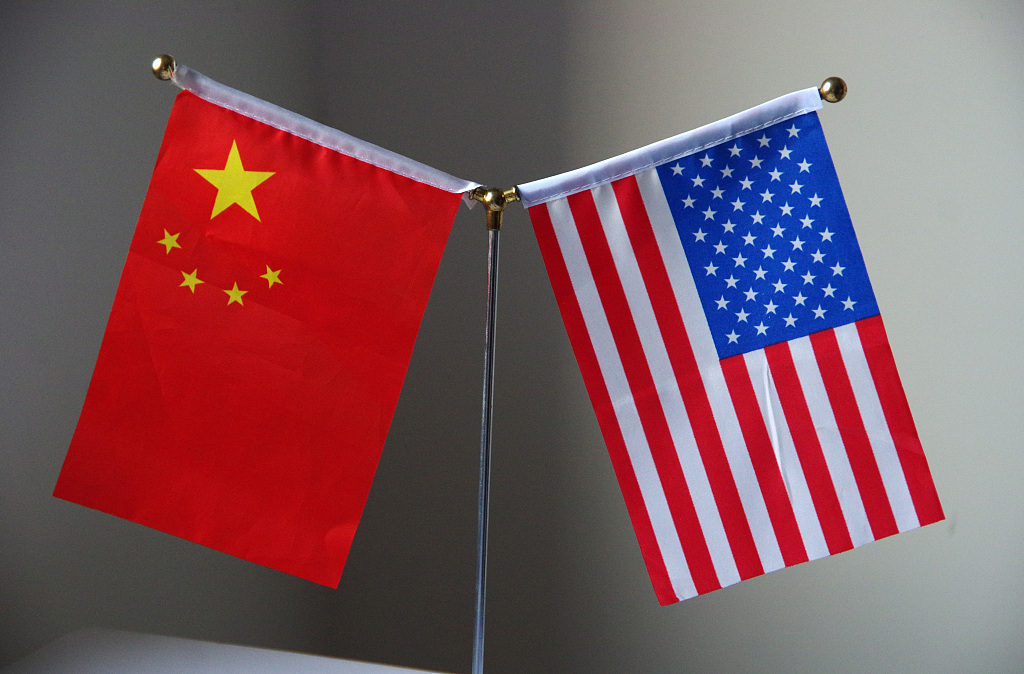The Tibet Policy and Support Act of 2020, signed into law by United States President Donald Trump on Sunday, was part of his administration's last-ditch attempts to render irreversible the downward spiral of US relations with China.

(File photo: CFP)
Following similar laws relating to the Xinjiang Uygur autonomous region, Hong Kong Special Administrative Region and the island of Taiwan, the legislation marks another stroke in the China policy blueprint the Trump administration is seeking to impose on its successor.
While it remains to be seen whether or to what extent the toxic legacy will confine the next administration, it certainly will be a potential pitfall for the latter, and a prospective time bomb for the China-US relationship, as it is a formula for confrontation.
It may be, as many observers have pointed out, that the next administration will be so preoccupied with troubleshooting at home that a change to China policy won't be a priority, or that hostility against China runs so deep and broad in the US that it won't feel the need for changes any time soon.
But if it is serious about returning the country to the multilateral framework of global governance, and continuing to provide credible global leadership, it should not let the approach of the Trump administration continue to dictate the relationship.
Doing so will bring no benefits to the US, instead it simply risks making bilateral ties unmanageable. Because, as Beijing has stressed, it risks crossing the red line of China's core interests.
The law makes it official US policy that the process of reincarnation of Buddhist religious leaders in Tibet, including but not limited to that of the Dalai Lama, shall exclude Chinese government involvement. Chinese officials who allegedly "interfere" in the matter, according to the law, face sanctions under the Global Magnitsky Act.
Besides ignoring Beijing's repeated emphasis that Tibet affairs are its "internal affairs" and the two countries' long-standing consensus on noninterference, the US law shows a thorough disregard of historical truth.
Beijing is stating a fact when it insists it is acting "in accordance with historical, religious precedents" when it comes to its involvement in that religious process.
Government presence in the process dates back to the Qing Dynasty (1644-1911), and has been followed by the central authorities ever since. Consigning the reincarnation of the current Dalai Lama to himself, therefore, is inconsistent with Chinese law and historical religious rituals.
The new law is an amended version of the Tibet Policy Act of 2002, which then US president George W. Bush signed but then took as "advisory" statements only.
Having said that, for all their damaging potential, the laws don't have to be a threat to bilateral ties.


